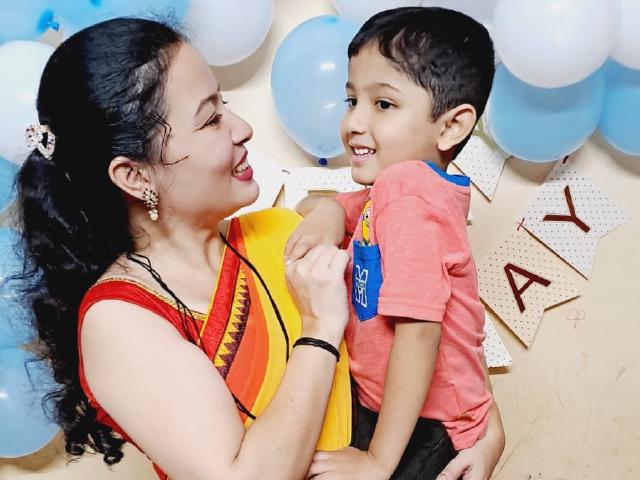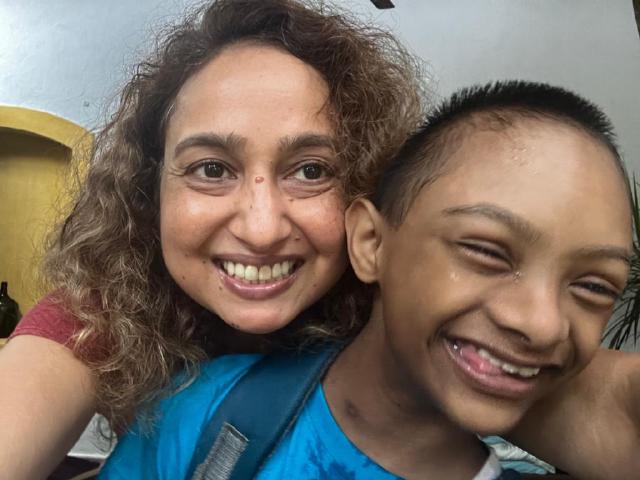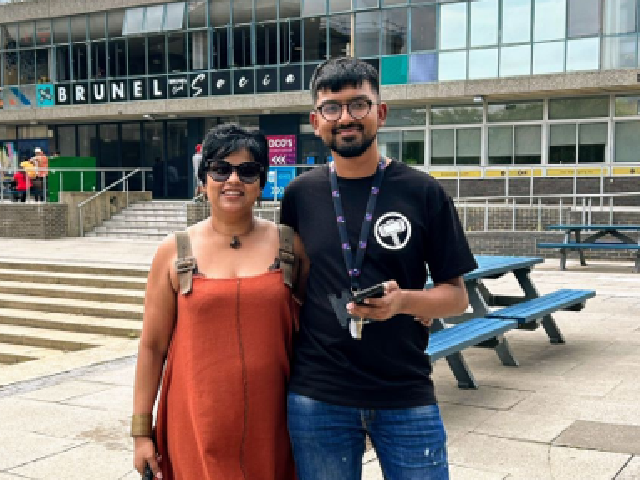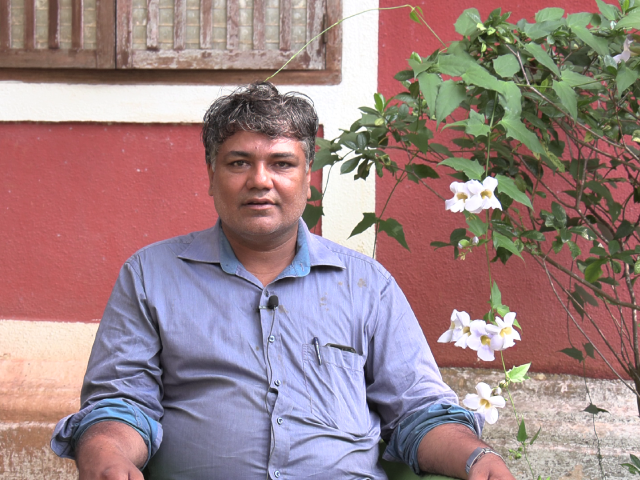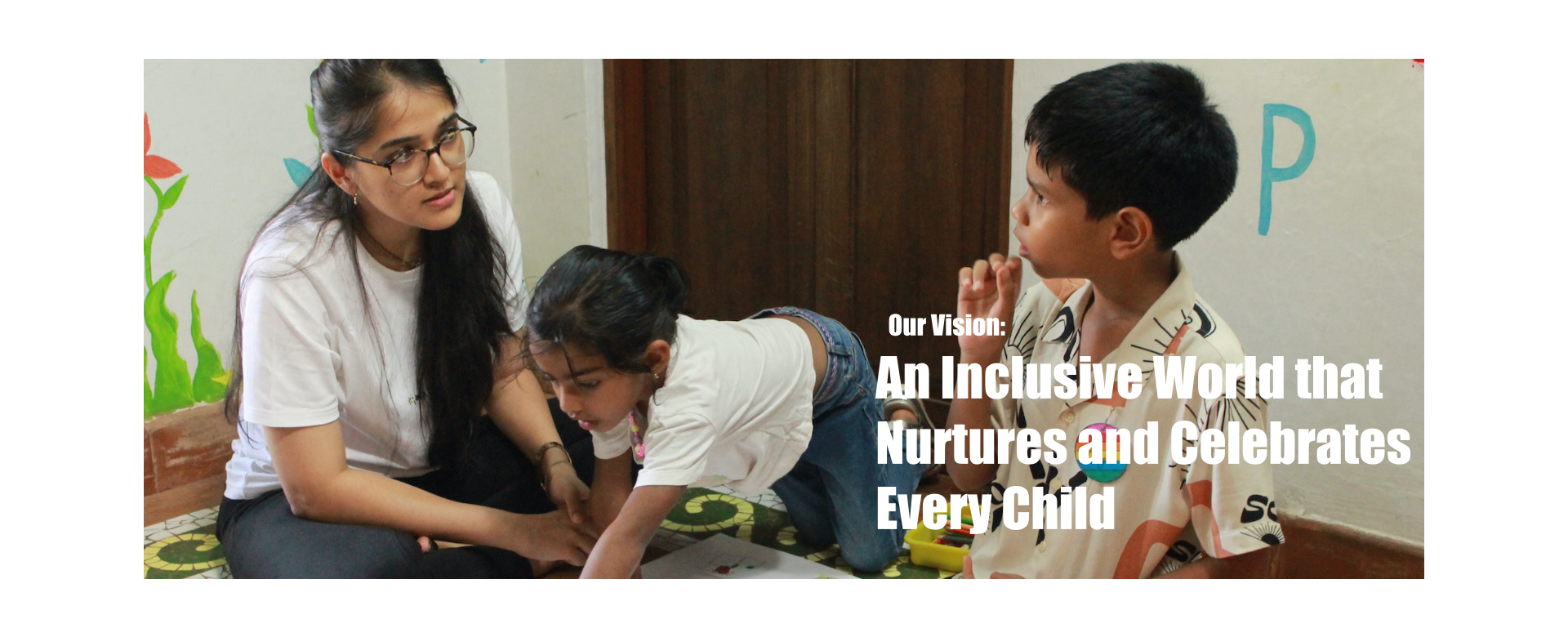
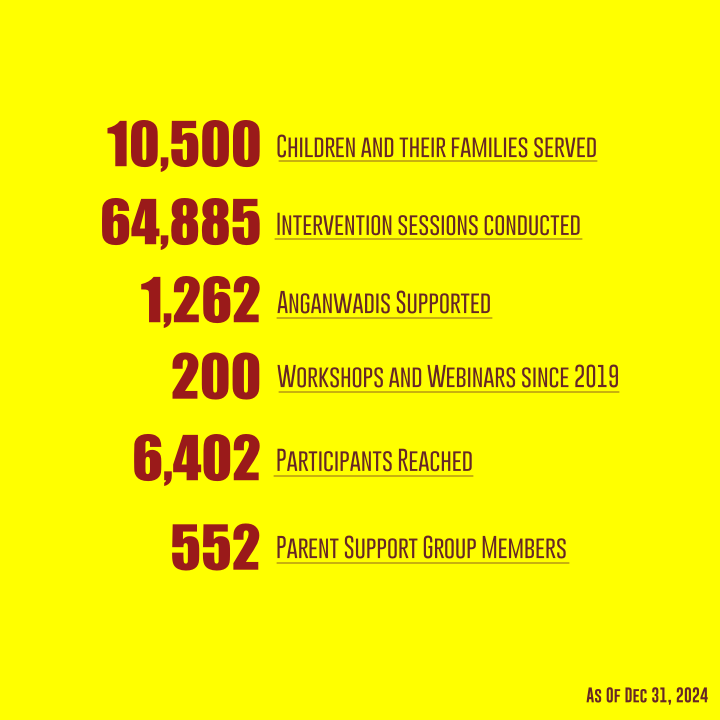
In India, over 2.2 million children live with developmental disabilities. More children are identified every year but many go undiagnosed
- Most don’t get the support they need.
- Families are overwhelmed. Schools are unprepared. And stigma keeps too many children hidden from view.
At Sethu, We are Changing That
- We work with children and the families that love them – helping them grow, connect, and belong.
- We focus on what’s possible, not just what’s missing.
- From early intervention to mental health and inclusive education, we’re building a world that nurtures and celebrates every child.
- Because every child has potential.
- And every family deserves support.
Our Mission
To be a centre of excellence in child development, family-centred care and inclusion through interdisciplinary services, training, advocacy and research
Neurodiversity Affirming
We recognise, respect, and value neurological differences as natural variations of the human experience, while fostering an environment of acceptance and inclusion for all neurotypes.
A Culture of Trust
We’re committed to doing what is right, delivering what we promise and working with accountability, compassion, excellence and dedication to those we serve. Child protection, both internally and elsewhere is a non-negotiable aspect of our work.
Our Approach
Family-Centered
We prioritise the needs, values, and involvement of the entire family in decision-making and care, ensuring that interventions support not just the child but also their family systems.
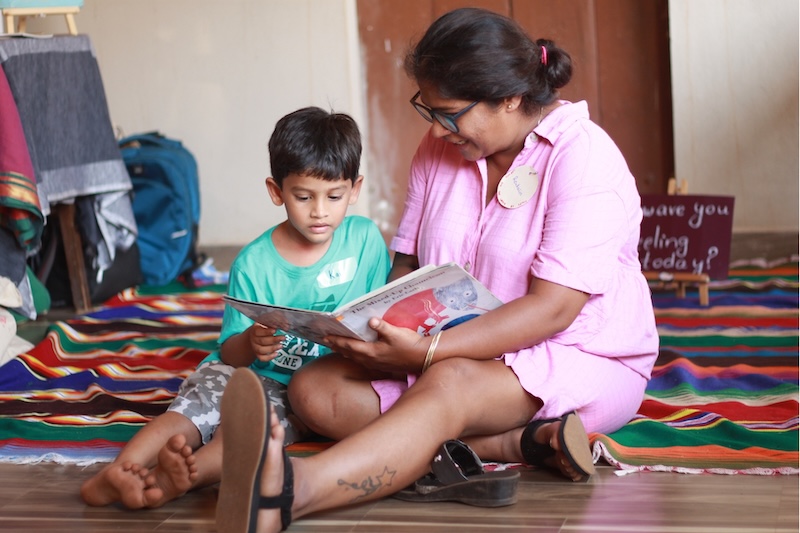
Mahesh, 6, adores dinosaurs. While working on his ‘This is Me’ document recently, his candid response in the ‘Family’ section was his dislike of his mother’s shouting. At first this caused some embarrassment to his parents but we assured them that Mahesh’s honesty was a sign that they’d created a psychologically safe environment in which their child felt confident about expressing his true feelings.
Since then, his mother has actively worked on stress management, and finding balance through Zumba sessions that help her stay energised, calm, and more patient with Mahesh. This goes to show how tools like This is Me amplify children’s authentic voices and encourage families to find strategies that support their child and enhance family functioning.
By fostering open communication in a structured manner, together with professional support, the This is Me framework empowers families to create nurturing and responsive environments for their children’s growth.
Strengths-Based
We focus on identifying, building upon, and leveraging the existing skills, abilities, and resources of each child and their family to promote positive outcomes and growth.
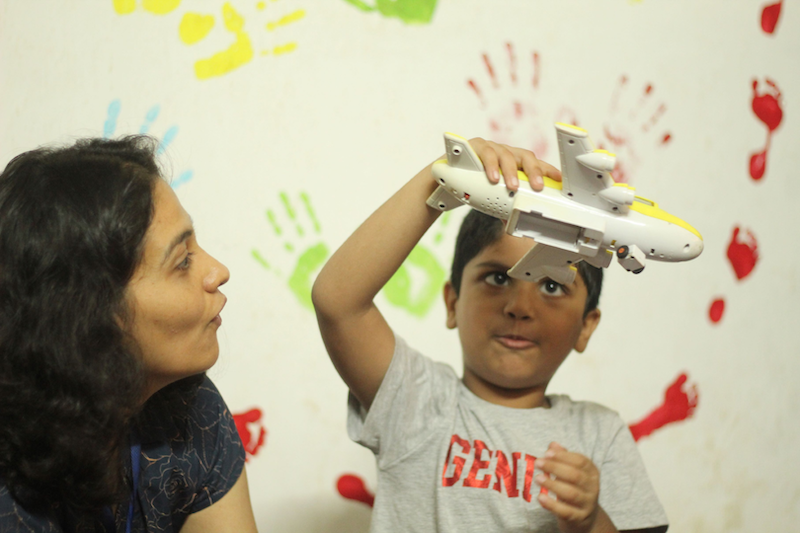
Shanaya (name changed), an energetic and expressive 10-year-old, has a deep love for music, especially the piano and guitar. Her mother reached out to Sethu with concerns about Shanaya’s need for frequent reminders, emotional intensity, and challenges with everyday routines.
Detailed input from both her parents and teachers was gathered, leading to a diagnosis of ADHD. Her mother received information on neurodiversity, executive functioning, and Shanaya’s unique strengths. She also joined Sethu’s ADHD Parent Support group on Signal to connect with other caregivers.
Through behaviour support sessions, Shanaya’s mother explored ways to reduce stress, use visual cues and timers, and weave Shanaya’s love for music into daily tasks. Shanaya, working with a counsellor, reflected on her strengths and identified areas where support helped her do her best.
Reflecting on the journey, her mother shared, “These tools have helped me better understand and support my child. I’m learning to celebrate who she is, while creating a space where she feels safe, seen, and able to shine.”
Sethu Families Speak
Our Partners

Arpan Foundation

Azim Premji Foundation

Betts India

Blue Cross Laboratories

Bright Funds Foundation

Brighton and Hove Soiree Rotary Club

Charities Aid Foundation America

Children Across Borders

Cipla Foundation

CMM Logistics

Dadabhai Dosaibhai (Hiranbai) Charitable Trust

Epicor Software India

Essity India

Netzsch Technologies India

Oracle Cerner

Saathire Social Impact Solutions

Self Reliant Inc.

